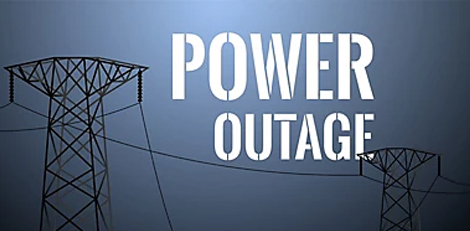Why does the interest ratio for loan deposits keep changing?
Posted on: 22/Jan/2018 12:49:40 PM

While planning the personal budget, it is essential to know about the basic reasons as the interest ratio trend has a strong impact on the saving investments.
In the last year, the interest rate for small saving schemes has come down. The banks have also reduced the interest rate for the deposits. This has adversely affected the people who prefer the saving deposits as a source for long-term investment as well as the future monthly income.
This situation has led to the question whether there should be any change in the mode of investment. In this regard, it is advisable to know the basic reasons for the changing trend of the interest ratios for the loans and deposits.
Repo ratio plays an important role in rise and fall of the Repo interest ratio rise or fall. The procedure of the Reserve Bank of India buying back the bonds given by it to the banks at the pre-fixed rate is known as Repo exchange.This exchange is based on Repo ratio.This can be interpreted as the loan ratio obtained by the banks from the Reserve Bank of India. As a majority of the financial transactions in the economic scenario happen through the banks, Repo ratio directly affects the interest ratio.
When repo ratio is high, it means that the banks are getting loans from RBI at higher interest rates. This directly affects the interest rates charged by the banks as well. Again, the interest rates for the deposits also increases.
The central government also gets deposits from the public through PPF, Kisan Vikas Patra, and other deposits. Naturally, the government pays interest on these deposits from the money earned through repo ratio and other avenues. (The banks also pay the central government according to the repo ratio). The fall in repo ratio has an impact on the capacity of the central government to pay the above interests.
So, in a situation when repo ratio reduces, the interest also reduces. The Reserve Bank of India deploys the repo ration as one the major avenues for controlling the money circulation in the economy.
As the interest rates of the banks have a direct impact on the commercial investments and private savings, any related changes affect the growth of the economy as well. Thus, these various aspects are inter-related.
Inflation is the ratio of the change in prices while buying products or services, When inflation ratio is high, the value of money goes down.This is offset by the higher interest ratio. Because of the impact of higher inflation is not so severe. The actual benefit can be calculated by deducting the inflation ration from the interest ratio. Generally, during the periods of economic recessions, there is a strong possibility the revenue earned by the government reduces.this aspect may also lead to a reduction in the interest ration of the small saving schemes.







